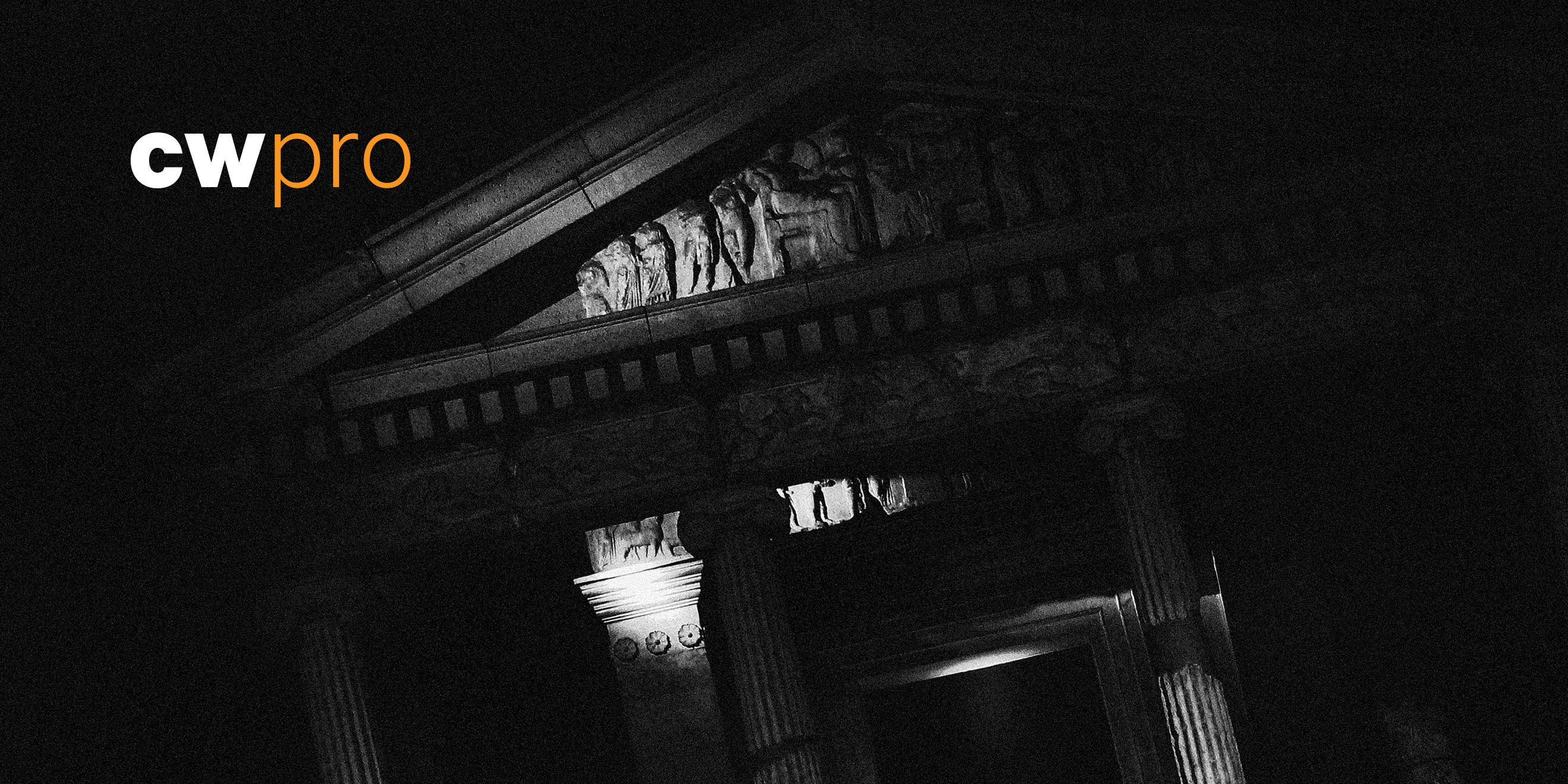At a glance.
- Australia's Cloud Security Guidance.
- Meng Wanzhou's extradition hearing.
- US Commerce Department's petition for Section 230 rulemaking.
- Big Tech preps for its testimony before a US Congressional anti-trust inquiry.
Australia's new cloud security guidelines.
Released this week by the Australian Cyber Security Center and the Digital Transformation agency, Australia's Cloud Security Guidance has received some positive reviews from industry, which of course participated in designing the standard. Those who approve see the Guidance, ITWire reports, as an advance in both security and data sovereignty, and they hope it gives Australian authorities the same sort of global law-enforcement reach the 2018 US CLOUD Act provided the Americans.
Other industry commenters have expressed animadversions. Information Age says that these see potential inconsistencies arising as government agencies assume their own risk. This degree of latitude in selecting the right cloud and associated security services might give agencies that already struggle to achieve acceptable levels of information security an even more difficult time achieving a satisfactory baseline.
Update on the extradition hearings of Meng Wanzhou.
Meng Wanzhou, the Huawei CFO currently in Vancouver fighting a US extradition request, is accused by the US of money-laundering in the course of circumventing sanctions against Iran. The South China Morning Post reports that her attorneys have requested access to “material provided on Meng’s case to the Canadian Security Intelligence Service (CSIS) by ‘human sources’, as well as the role of the CSIS officers in Meng’s December 1, 2018 arrest at Vancouver’s airport.” The CSIS has declined to provide such access, citing national security and the risk of exposing human sources. Her attorneys also allege chicanery on the part of the Canada Border Services Agency and the Royal Canadian Mounted Police. Canadian government attorneys deny any impropriety.
US Commerce Department files to clarify the status of online platforms.
The Department of Commerce has submitted a petition for rulemaking to the US Federal Communications Commission. The petition seeks "to clarify the provisions of section 230 of the Communications Act of 1934" as amended by the Communications Decency Act of 1996, and specifically to clarify, the Department says, "when online platforms can claim section 230 protections if they restrict access to content in a manner not specifically outlined under the Act." The clarification sought is specifically concerned with content moderation policies:
- "Whether, and to what degree, Section 230 of the Communications Decency Act provides protection for social media’s content moderation decisions"
- "The conditions under which content moderation and editorial decisions by social media companies shape content to such a degree that section 230 no longer protects them"
- "Social media’s disclosure obligations with respect to their content moderation practices"
Neutral platforms are afforded protections from litigation under Section 230 that publishers are not. Secretary of Commerce Ross explained the motivation of the petition: “Many Americans rely on online platforms to stay informed and connected, sharing their thoughts and ideas on issues important to them, which can oftentimes lead to free and open debate around public policies and upcoming elections. It has long been the policy of the United States to foster a robust marketplace of ideas on the Internet and the free flow of information around the world. President Trump is committed to protecting the rights of all Americans to express their views and not face unjustified restrictions or selective censorship from a handful of powerful companies." The Wall Street Journal offers a useful summary of the petition's background in Federal statutes and Executive Orders.
Big Tech CEOs come to Capitol Hill tomorrow.
Prominent CEOs of leading tech firms are expected to testify tomorrow before a US Congressional anti-trust inquiry, and the press has been offering more-or-less well-informed speculation about the line they intend to take. Bloomberg says that Facebook's Mark Zuckerberg is expected to testify that success (like Facebook's) is patriotic, and that weakening Big Tech weakens America vis-à-vis Chinese competition. Don't like Facebook? You're really not going to like an online society dominated by TikTok. The Wall Street Journal sees Amazon's Jeff Bezos sticking to "folksy talking points," the tendency of which is expected to be that onerous regulation is mostly going to be onerous for the consumers Amazon serves.
